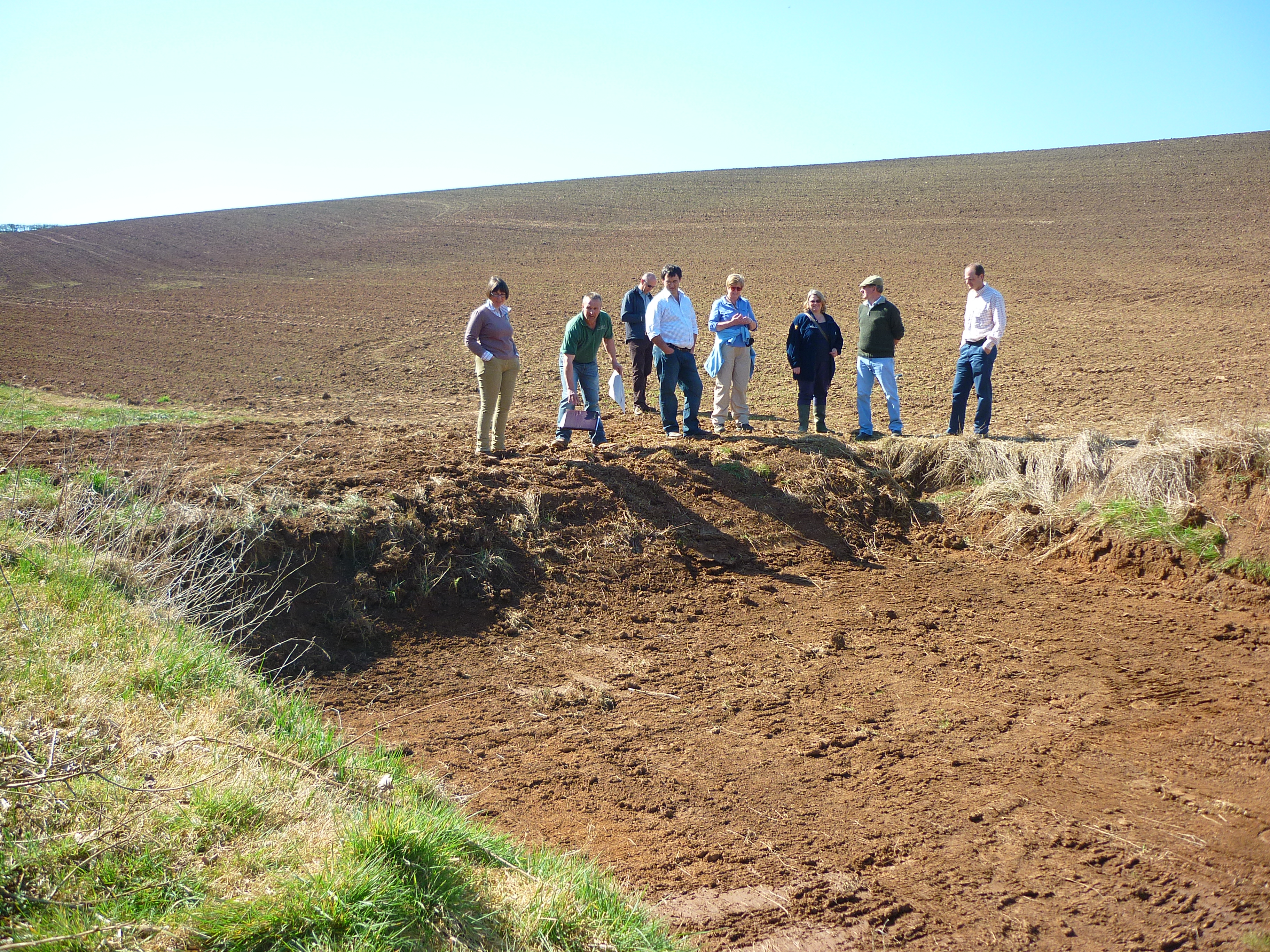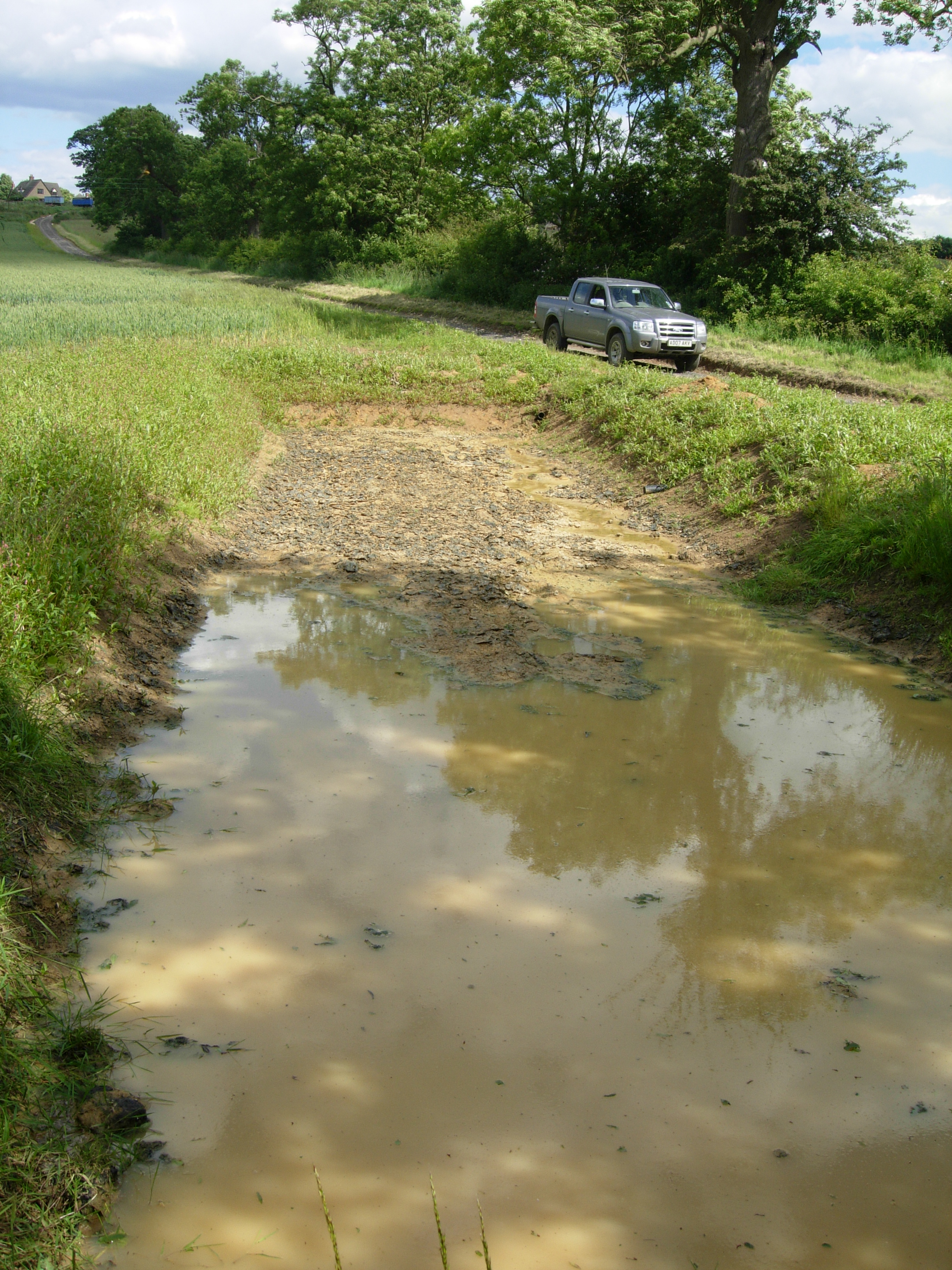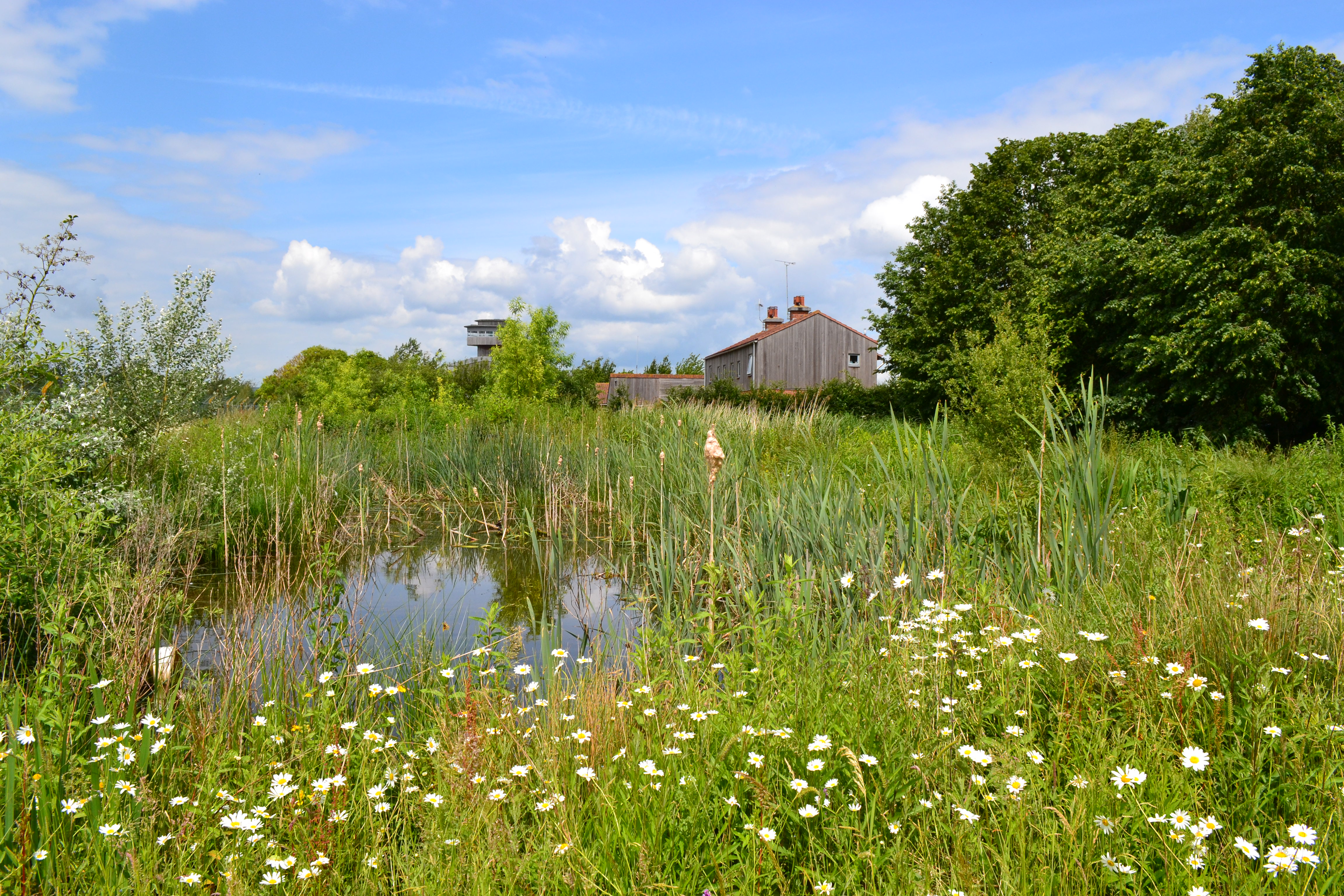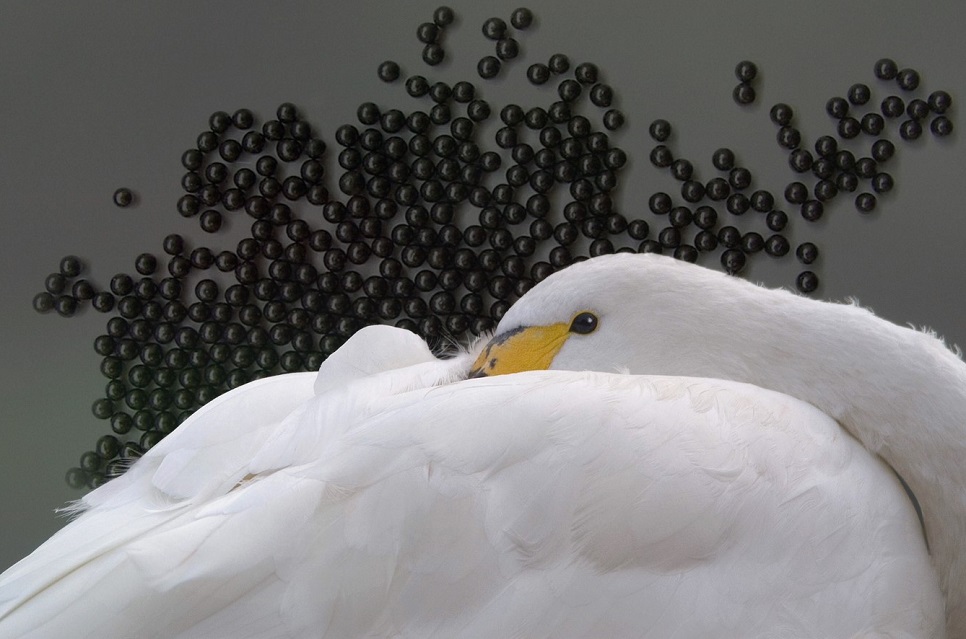Wetlands and leaving the EU 2, the sequel
Post by Peter Morris, WWT's Head of Public Relations & Campaigns
Our Wetlands and leaving the EU blog following the EU Referendum result received a lot of good feedback from people who appreciated a bit of informed light commentary rather than heavy persuasion. So now that we have a new Prime Minister, here’s a follow-up piece.

Since that blog, the main development in environmental policy has been the postponing of the Government’s “25 year plan for nature”, its centrepiece project, due to the Leave vote.
This will be disappointing for all the WWT members who offered ideas to go into the plan. It had already been watered down from a Government-wide plan for the UK, to a Defra departmental plan for England alone.
It’s also a bit soul destroying because this is the last remaining Conservative Party manifesto commitment specifically for nature. It was supposed to resurrect their interest in nature after their Coalition record nose-dived by 2015. Nor were the opposition parties making much noise to hold them to account, so it’s not a great story for any of the main political parties. We’ll be calling on the new Prime Minister Theresa May to honour that manifesto commitment.
Indications are that the 25 year plan has been grounded partly because 70% of our land is managed for farming, and half of farmers’ income is now up in the air following the Leave vote. They’ll no longer receive payments from the EU’s Common Agricultural Policy (CAP) funding system, and it will need to be replaced with some form of UK-based one.
While that’s a concern for some farmers, the feedback I’ve received from local farmers is all positive. Everyone agrees the CAP is time-consuming and complicated, and everyone disagrees about what it should pay for. So the time is ripe for reform, and leaving the EU could make the system simpler and better targeted for UK farmers.

I’m not convinced however that payments to all types of farmers will increase. The reasons are quite technical (and there are many other factors including pricing deals and trade agreements). But above it all there is a difficult presentational issue:
Many people are only just realising that 40% of EU money goes on CAP farming payments. So having been promised a world where the UK will save £350m a week which could be spent on the NHS instead, will those people stand for nearly half that amount still going to farmers?
Something may have to give in order to support the income of both farmers and nurses, and many other deserving professions who rely on public money. This quickly becomes an issue about supporting individuals’ income, rather than societal gains, so funding for anything that doesn’t directly go into pay packets suddenly becomes vulnerable in order to keep everyone happy.
Among the easy targets to reduce the cost of post-CAP funding are things like payments for environmental benefits. For example to reduce pollution running off farmers’ fields by installing wetland treatment systems. It sounds logical that this could free up money for nurses (or whoever) and the farmers can focus on income-generating production instead. Everyone seems to win.
Except at the same time everyone loses. Where the run-off from fields pollutes our water, that costs us all more in taxes and water bills to clean and make it safe to drink (this cost water companies £280m over four years). It also clogs drainage ditches and damages ecological systems that regulate water, which makes us all more vulnerable to flooding which costs our economy around £1.4 billion each year which is eventually met by...you’ve guessed it...the public.
We believe the solution is to factor the environment into all the other calculations about what money should be spent where, in order to achieve a balance.
For example a recent Natural Capital Committee report suggested that creating 100,000 hectares of new wetland to help reduce flooding and pollution and to provide a range of other benefits could see a cost:benefit ratio of 1:3 and up to 1:9. Restoration of around 140,000 hectares of peat uplands could deliver net benefits of £570m over 40 years in carbon values alone. Our economy relies on our environment, so these could be wise high-yield investments that benefit everyone.

Next week, WWT will be publishing a set of suggestions for how these environmental benefits could be aligned with economic policy. This will be launched at the Houses of Parliament, a large number of politicians are attending. We’ll have more news on that soon.
We’re hoping our suggestions, which are borne out of suggestions provided to us by WWT members, can be reflected in the Government’s ’25 year plan for nature’. The civil servants tasked with designing the detail of the plan will be coming to WWT London Wetland Centre shortly, so we’ll have a chance to talk to them – and hear from them – over a cup of tea.
At WWT we find that often the best way to tackle complex issues is to discuss them face-to-face. It makes you realise that groups you read about on the internet – politicians, farmers, environmentalists, civil servants etc – are real and reasonable people just like you and most people are actually up for a good honest discussion in the right circumstances.

Finally, it’s worth noting that we’re applying the same ‘face-to-face’ approach in tackling issues affecting the Bewick’s swan, whose numbers have dropped by a third. The UK may be leaving the EU, so international co-operation is more important now than ever, and we’re doing something about it right now. We’re working with several countries in the EU as well as Russia to identify threats along its migration route between Russia and the UK. WWT’s Sacha Dench will be flying the whole 7,000km route and dropping in on reindeer herders, subsistence hunters and local communities to meet them face-to-face and hear their views.
You can help too. Support Sacha’s flight by signing the Flight of the Swans petition. The extra numbers will help add weight to Sacha’s message as she travels across Northern Europe. It’s really easy and it only takes a few seconds. Go on; it’ll be your good deed for the day.

